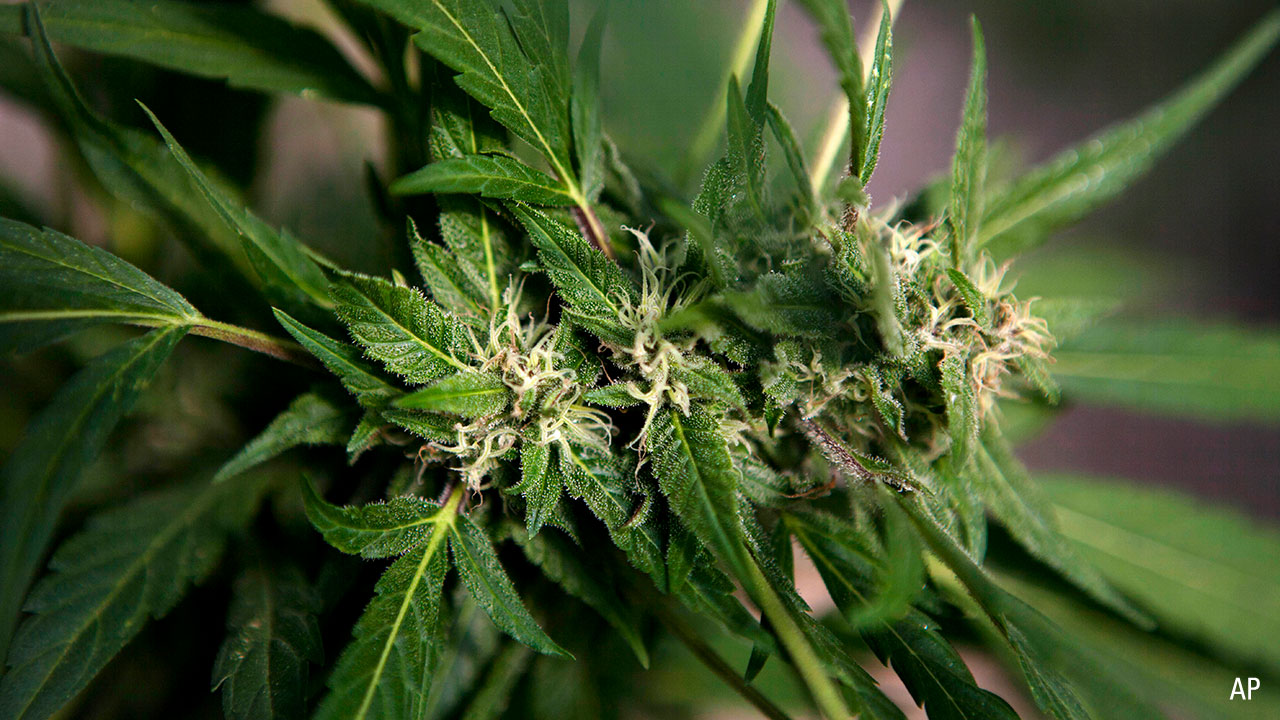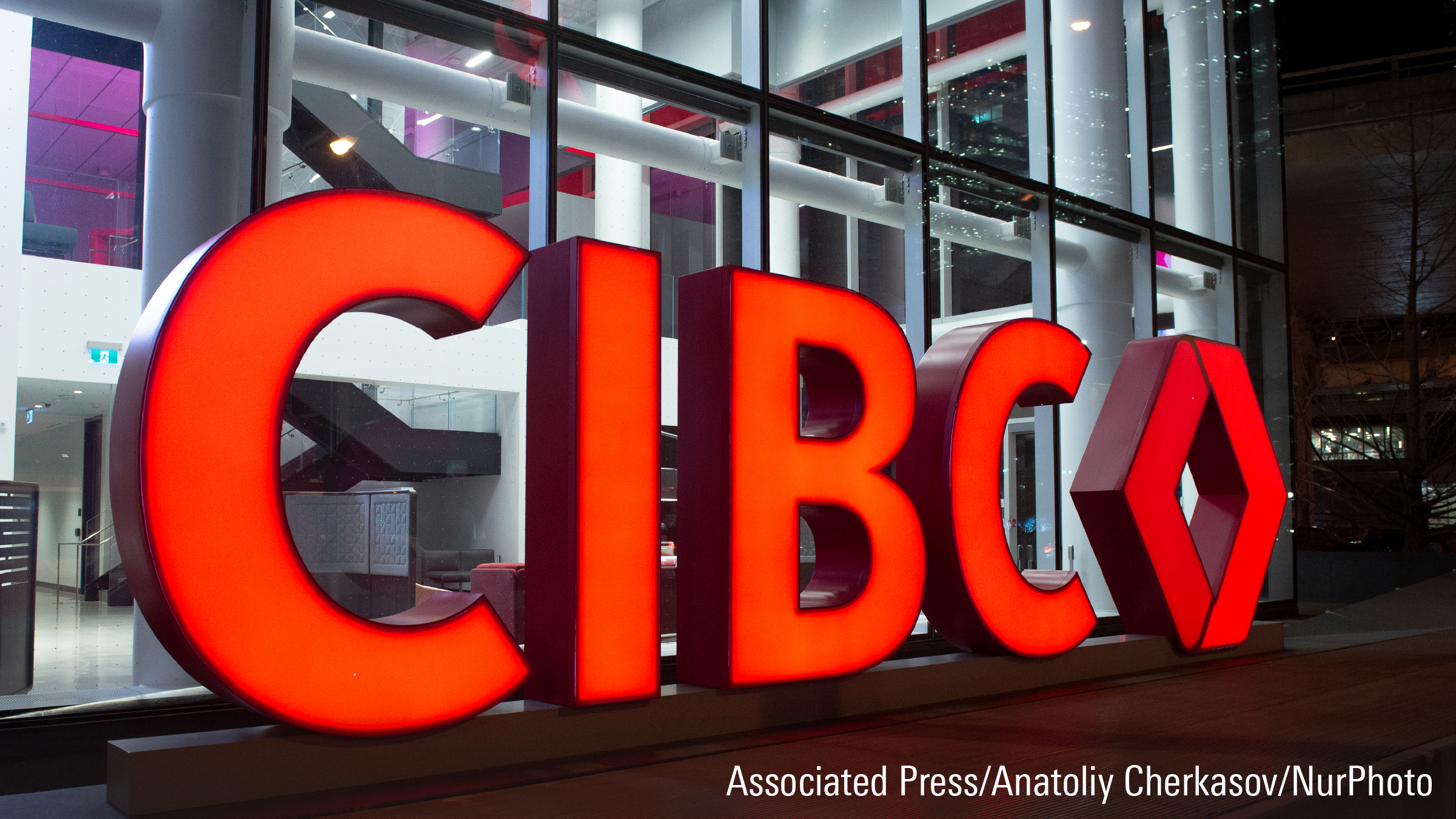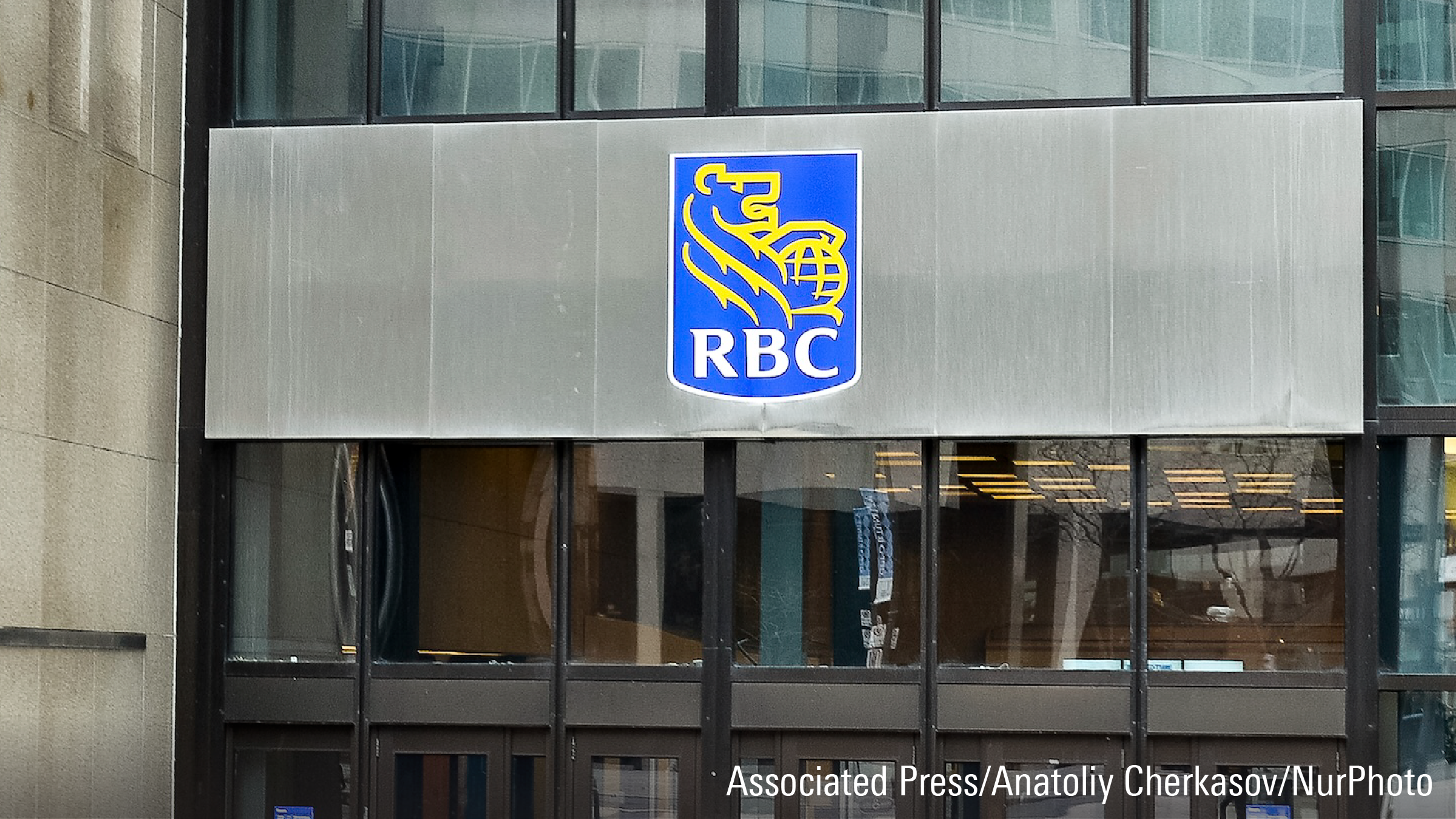Ruth Saldanha: Canadian cannabis stocks are among the most undervalued in our coverage universe going into this year. And we recently talked about why this is a buying opportunity. Since then, stocks have fallen further. Should you be worried and is supply the main risk? To discuss his outlook for Canadian cannabis and to discuss the risks facing the sector Morningstar analyst Kristoffer Inton is here today.
Kris, thank you so much for being here.
Kristoffer Inton: Thanks for having me.
Saldanha: From January 2019 to January 2020 a lot has changed for Canadian cannabis. Some companies have even gone bankrupt. Do you see this as being a trend? And should investors be worried right now?
Inton: I wouldn't necessarily call it a trend and call it more of a natural evolution of the industry. I think we have to remind ourselves that these are essentially startup companies. This is a very early stage, high-growth industry. And like similar industries at this stage, there's going to be companies that fall to the wayside. So, I don't necessarily see the bankruptcies or any of that as a sign of worry and just more of a reminder that we are in this high growth early stage.
Saldanha: What are some of the risks specific to Canada that investors should look for?
Inton: I think when it comes to Canada, it's all about the timing of supply and demand. So, compared to the U.S., commonly in the U.S., when states have legalized recreational, every product was generally available immediately. In contrast, Canada has done a much slower rollout. So, it wasn't until more than a year later that edibles, vapes and other value-added products were finally available to consumers. Even while they've been legalized now, they're still not really readily available. And so, that has an impact on the pace of the demand growth. Meanwhile, the supply growth has been pretty stellar, with the companies building more and more production capacity. And so, I think that that's been a challenge in terms of timing that demand and the supply. But for us, when you look in the longer term, the big picture, the demand, the black market is still very big, and the opportunity is still there. It's just that supply, for now, has been a challenge.
Saldanha: With these challenges, do you see any of these companies developing a moat over the long term?
Inton: Yes, I think, it's definitely a possibility in the industry. But there's going to be challenges along the way. And with the fact that we're so early stage, that's really going to make it difficult for a company to have a moat rating now. So, looking at, for example, a narrow moat, a key factor of that is that a company would earn economic profit during the course of that 10 years. But because these companies are early stage, it's all about investment now for a market that's going to be much bigger than it is today. And so, when you're looking at economic profit over the next 10 years, there's going to be a lot of negative years as they spend for the growth. So, it will be possible one day; it just won't happen in the next couple of years,
Saldanha: I'd like to talk about a few companies now. Aurora Cannabis is the cheapest stock that we cover. And there's some fear that the company might not be able to meet its debt covenants that will come due over the next 12 to 18 months. Are you still optimistic on this stock?
Inton: It's the most undervalued Canadian cannabis company that we cover. And those financing challenges are why it remains undervalued. When you look at the Canadian cannabis stocks year-to-date, they performed pretty well. Some of them are up 15%, 20%, 25%. In comparison, Aurora is essentially flat. And a lot of that has to do with the concerns about the financing. And so, that's why we still see opportunity there. When we look at the asset base, their ability to produce cannabis at such low costs, they're still a very attractive player. And so, it really will be key to finding that financing. And I think, meanwhile, they're taking some of the right steps. They're slowing down some of their capital expansion plans in order to slow down the potential cash burn and really be able to find a solution out of this financing problem.
Saldanha: So, what's your top cannabis pick and why?
Inton: So, the two most undervalued cannabis companies that we have right now are Aurora Cannabis. So, like I said, I think that the financing problem has been a real overhang on the stock, but they're pulling the right levers that they can as they explore more financing options. And so, we think that the asset quality is still good and that the financing solution will come. We also like Curaleaf. So, compared to the Canadian names, Curaleaf, a U.S. pure-play, and we've always been really optimistic and bullish on the U.S. market relative to the Canadian market. I think when you look at the bigger U.S. pure plays, they're already profitable on an EBITDA basis while the Canadians are still struggling. A lot of that has to do with the fact that the pace of the demand growth has been much faster in the U.S. because a lot of those value-added products, vapes, edibles, et cetera are immediately available whereas Canada has been just such a slower rollout.
Saldanha: Thank you so much for joining us today, Kris.
Inton: Thank you.
Saldanha: For Morningstar, I'm Ruth Saldanha.





















